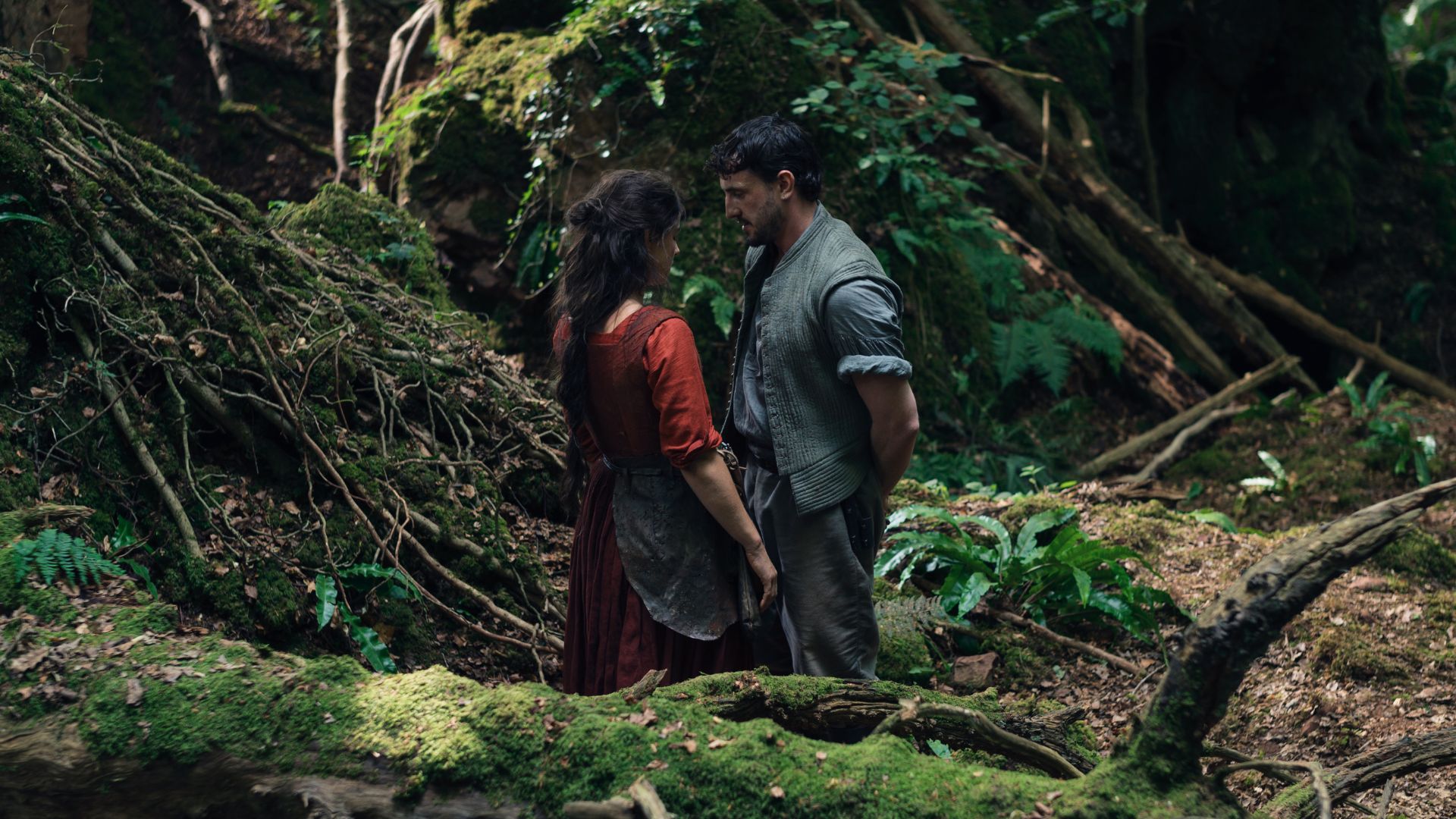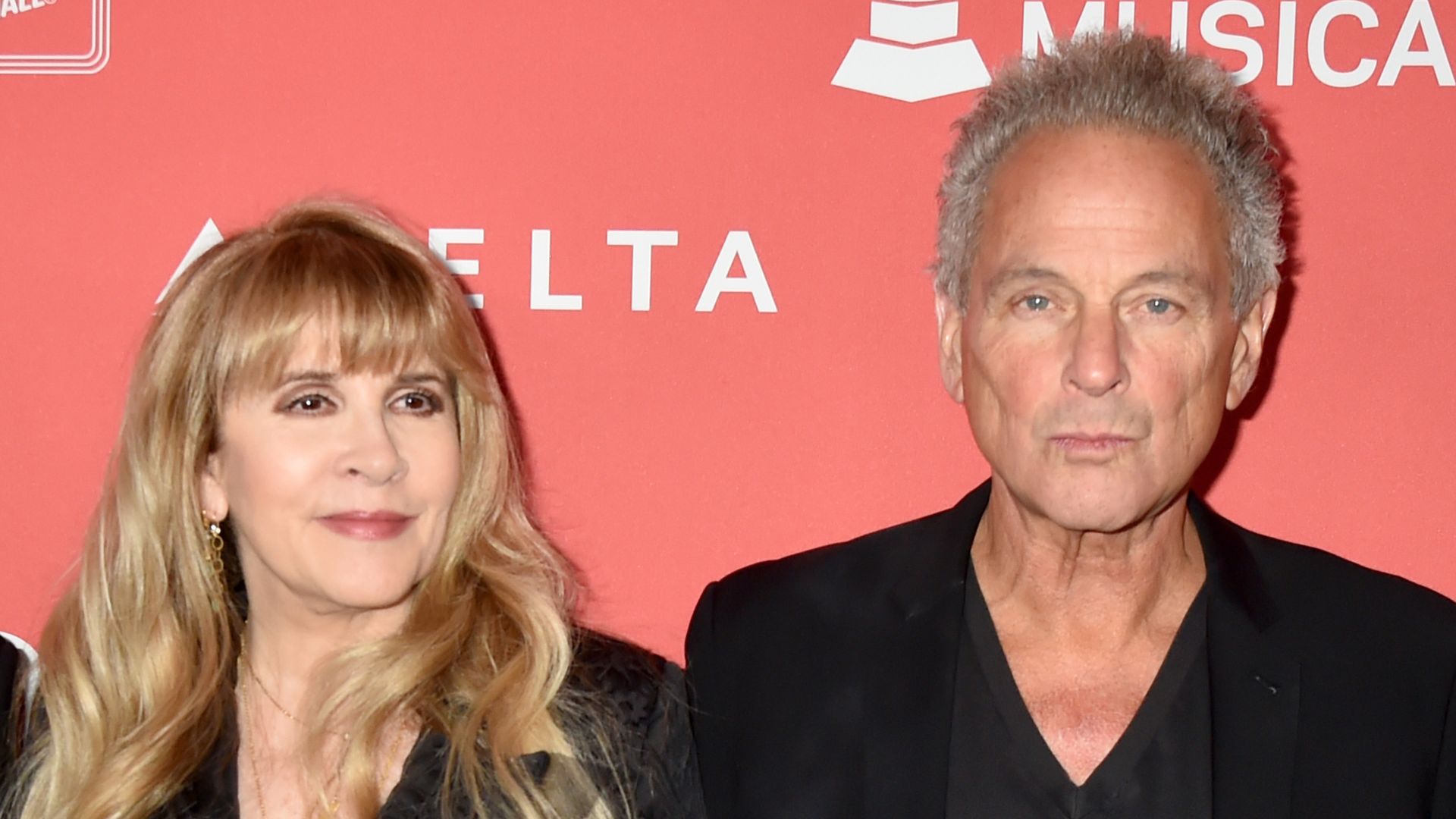Have you ever noticed that some music fans, especially those who live in the TikToknow know 15-second sped-up versions of your favorite songs better than the original versions? Well, it seems that social media isn’t satisfied with just making us dance; now it’s redefining what “normal” music is.
Accelerated
Node TikTokthis trend of speeding up songs by up to 30% has become a craze, and the result is a flood of short, viral videos. If you’re not familiar with this trend, know that even some artists are climbing the music charts thanks to these “turbo” versions. One example? The British singer RAYEwhich only managed to reach the top of the official British charts after its fans decided that “Escapism” sounded much better when sung in a hurry.
Movement that started with DJs
This phenomenon of turning songs into a kind of race against time is not new. In the 2000s, Norwegian DJs from the “nightcore” movement were already playing with the speed and tone of songs, creating versions that would make any hamster in its wheel jealous. Today, this practice has spread across all social networks, and even Spotify is testing whether we should have the power to remix songs as if we were tinkering with the speed of a microwave.
musical dopamine
Then you may ask yourself: “But why the hell would someone do that to a song?” Well, according to expert Mary Beth Ray, these short, fast-paced versions are practically a concentrated dose of musical dopamine, perfect for those who need a quick boost from social media. After all, who has time to listen to an entire song these days, right?
Artists and record labels, of course, are beginning to realize that they can no longer ignore this trend. Nelly Furtadofor example, was practically dragged back into the studio when her old hits started to take off on TikTok. And she’s not the only one. Billie Eilish, Summer Walker and even Sabrina Carpenter have jumped on the bandwagon, releasing official versions of their songs at different speeds. Now, any song can come in a “normal”, “express” and “light” edition.
Not everyone approves
But as with any trend, not everyone is laughing out loud. The rapper Lil Yachtyfor example, was so uncomfortable with alternate versions of his song “A Cold Sunday” that he asked for them to be removed from the internet. And what about Steve Lacy, who at one of his shows found himself singing to an audience that seemed more familiar with the “fast forward” version of his song “Bad Habit” than the original?
Change that is here to stay
Despite the mixed reactions, it seems that these sped-up versions are here to stay. For artists like 23-year-old London producer tonka._.b, playing with the speed of songs is part of the creative process. And if that means appealing to different audiences with different versions of the same song, why not? After all, who said listening to music has to be a linear experience?
Meanwhile, the music industry is adapting to this new reality, where a song can have multiple personalities — all to please algorithms and our increasingly impatient ears.
Summary for those in a hurry
- Acceleration of songs on TikTok has boosted artists on the charts.
- The practice began with the “nightcore” movement in the 2000s.
- Spotify and other platforms are testing features to remix songs.
- Artists like Nelly Furtado and Billie Eilish have officially released sped-up versions.
- Not all artists support the trend; some fear that their work will be distorted.
- Speeded-up versions are becoming part of the creative process of new artists.
Source: Atrevida
Earl Johnson is a music writer at Gossipify, known for his in-depth analysis and unique perspective on the industry. A graduate of USC with a degree in Music, he brings years of experience and passion to his writing. He covers the latest releases and trends, always on the lookout for the next big thing in music.






![Such a wonderful sun in advance: Summary of the Episode of September 19, 2025 [SPOILERS] Such a wonderful sun in advance: Summary of the Episode of September 19, 2025 [SPOILERS]](https://fr.web.img6.acsta.net/img/0f/7f/0f7f445178e1af2fd42082d10af4c9f5.jpg)


